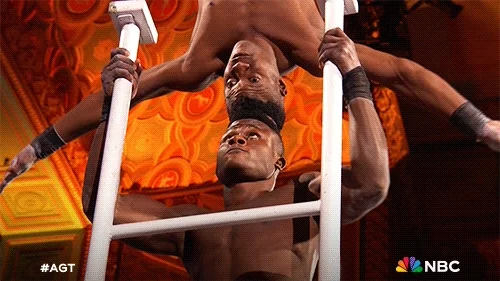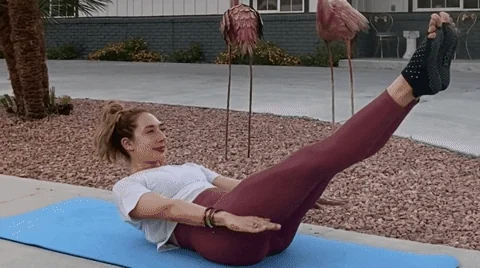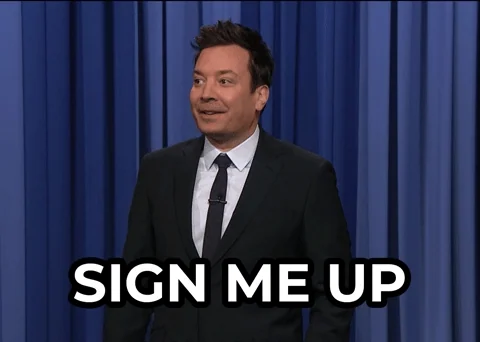
This logo isn't an ad or affiliate link. It's an organization that shares in our mission, and empowered the authors to share their insights in Byte form.
Rumie vets Bytes for compliance with our
Standards.
The organization is responsible for the completeness and reliability of the content.
Learn more
about how Rumie works with partners.
Have you ever had thoughts like these?
How do babies start to walk?
How do basketball players run and dribble a ball at the same time?
How do gymnasts make a landing after a flip?

If so, then studying kinesiology might be for you!

What is kinesiology?
Why should I study kinesiology?
What will I learn from a kinesiology degree?
Kinesiology is hands-on! Courses are a mix of lectures, labs, and participation in exercise activities. Labs include live demonstrations of ideas discussed during lectures. For example, you could be asked to study a (real) person's walking style after an ankle injury. Pilates and basketball are examples of exercise activities you can take.
Quiz
Alex is writing her first research paper for her Introduction to Kinesiology class in college. What could Alex write about? Select all topics that apply:
Alex could write her first paper about the effects of exercise on heart health, athlete injuries at the Olympics, and the evolution of fitness trackers because they cover at least one area of kinesiology including: health and wellness, biomechanics, and exercise behaviors.
What would a day be like as a kinesiology student?
Here are some courses that could be included during your first year as a kinesiology student:
Introduction to Kinesiology (basic overview of the field)
Physical Education (exercise activities are done, may include topics related to health and wellness)
Anatomy (study of living things)
Injury Prevention & Treatment (examples are ankle sprains, rotator cuff tears, neck strains)
Electives from Psychology, Biology, or other disciplines (like Intro to Psychology)
Check out this video to see a day for a kinesiology student!
How can I be successful as a kinesiology student?
Kinesiology is a big field! It uses many ideas from other areas like physics, biology, and even psychology. So, you'll learn many new things, and some may be challenging.
Tips to be successful in the major:
Attend and actively participate in lectures/labs
Talk with professors and classmates about unclear ideas between classes
Attend study groups and test study sessions
Practice performing concepts and saying them out loud
Use pics and videos to understand ideas
Stay active!

Everything will balance out, right?
What potential careers can I pursue?
A degree in kinesiology offers many career choices.
Check out this video for some ideas:
The video reviews traditional, non-traditional, and potential jobs that can be done with a kinesiology degree.
Some common jobs mentioned are: fitness trainer, chiropractor, and physical therapist.
Which career interests you the most?
Take Action

This Byte has been authored by
Kellandra Youngblood
Volunteer Learning Designer and Student
B.S.; M.S.




